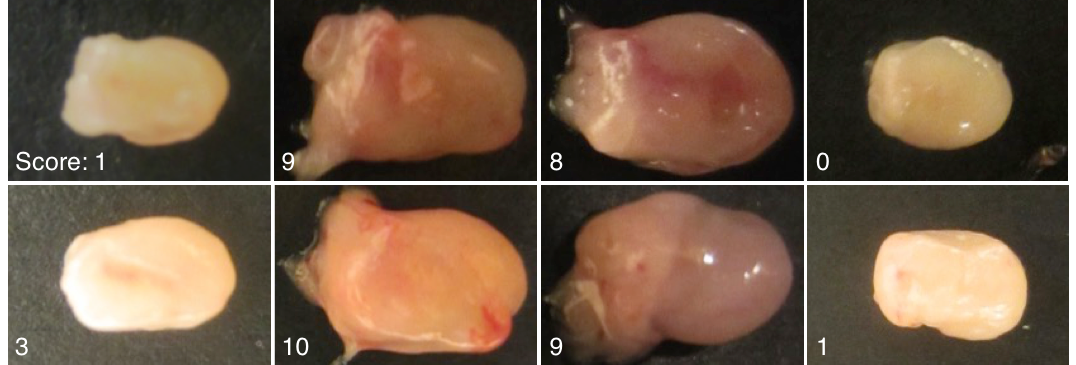IL-1 receptor antagonists
IL-1 receptor antagonists to treat acute infections and prevent tissue damage
IL-1 receptor antagonists to treat acute infections and prevent tissue damage
We have identified Interleukin-1 beta (IL-1b) as a key immune response determinant in acute cystitis and its inhibition as an effective therapy.
We distinguish two disease end-points of IL-1b activation; 1. Moderate, self-limiting cystitis, resembling sporadic infection in humans. 2. Severe progressive cystitis caused by a new, genetic, IL-1b hyper-activation disorder, resembling severe cystitis in humans.
We successfully treat mice with the severe form of acute cystitis by inhibiting IL-1b or the enzyme MMP-7 that processes IL-1b to its active form. Finally, elevated levels of these molecules in patient urine suggesting clinical relevance and a potential role as biomarkers of infection.
These findings provide a much needed, new, molecular framework for the treatment of acute cystitis.



We have recently provided a comprehensive molecular framework for the pathogenesis and immunotherapy of acute cystitis.
Based on these findings, we are developing new treatments for patients with acute cystitis – a very common infection affecting around 50 % of all women during their lifetime. It is estimated that 20-30 % will have recurrent episodes, resulting in suffering and cost for society. With increasing antibiotic resistance development in the bacteria that cause acute cystitis, there is an urgent need for new solutions to the treatment of those patients.